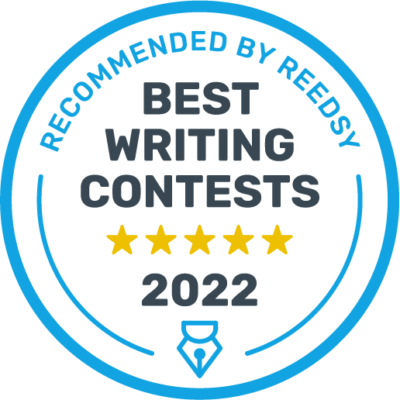[vc_row][vc_column][vc_column_text]
Eliminating Thought Verbs
In the past month, my marriage ended and two-thirds of my dogs died. So that’s what I wrote about for the grid – nearly real-time stories about navigating grief. Sometimes we need tragedy plus time to best share the stories of our difficult journeys, but often, it’s therapeutic to tell them as they are unfolding – the end yet unwritten, the parameters of the sorrow as yet unknown.
Our challenge as essayists is to share these experiences as stories – and not just as stream of consciousness freewrites about how bad we feel. Because stories are what capture our readers’ hearts, keep them interested, and have a real impact on their emotions. So how can you ensure that your words will linger in your readers’ minds? The challenge is to write that story without ever – or without primarily – saying, simply, “I felt sad.”
The article “Thought Verbs” by Chuck Palahniuk, the author of Fight Club, probably has had more influence on my writing than anything other than Stephen King’s essential book On Writing: A Memoir of the Craft. Palahniuk describes why and how to avoid verbs that put your reader at a remove – verbs like “I wondered” or “I felt.” In his words:
“Thinking is abstract. Knowing and believing are intangible. Your story will always be stronger if you just show the physical actions and details of your characters and allow your reader to do the thinking and knowing.”
So this week, let’s bring our best storytelling verbs to the table. After you write your entry for the nonfiction challenge grid, I want you to print it out and highlight every verb you use. Check them over one by one. Are you using strong verbs that describe your actions and reactions – and therefore advance your plot? Or are you telling us how you felt or what you thought about the action and thus trying to do your readers’ work for them? Then, grab your best editing pencil and scratch out any verbs that drag down your story.
Because for this week, I want you to stick to the action and leave the thoughts and feelings for your readers to imagine.
Yeah write super challenge #2
The results of the third and final round of super challenge #2 were released on Friday! We had a blast reading all your entries, and we hope our participants had fun writing for the challenges. Congrats to the winners!
Did you miss out on registration? Don’t fret! Just sign up for our email blast so you don’t miss out on any announcements regarding the next super challenge.[/vc_column_text][/vc_column][/vc_row][vc_row][vc_column][vc_column_text]
Nonfiction know-how:
boundaries
It’s that time again. Yeah, you guessed it: the season of family holidays. When the biggest thing on your mind is how your family is driving you absolutely freakin’ nuts and you can’t think of anything else to blog about, but you swore that with NaBloPoMo kicking off you’d write at least something every day. Don’t worry. Rowan is here to help you through it.
Want more info?
Is this your first time here? Check out Sunday’s post which kicked off the week here at yeah write. Our email subscribers can also join us in the yeah write coffeehouse at its home on Facebook. If you’ve never taken the time to read them, please take a moment to familiarize yourself with our submission guidelines. The rules are a little different for each of our challenges and we’d hate to have to send back great writing on a technicality.
Did you happen to end up here because you suddenly saw yeah write in your stats? Sometimes members of our community spot excellent writing and they send those posts on over to us. We hope you don’t mind. Take a look around and get to know our community. We’re sure you’ll be happy here.
Have questions you can’t find the answer to by poking around the site? Email us or find us on Facebook and Twitter and we’ll happily help you out.
[/vc_column_text][/vc_column][/vc_row][vc_row][vc_column][vc_column_text]
How to submit and fully participate in the challenge
Basic yeah write guidelines: 1000 word limit; your entry can be dated no earlier than this past Sunday; nonfiction personal essay, creative opinion piece or mostly true story based on actual events.
1. In the sidebar of this week’s post, please grab the code beneath the nonfiction badge and paste it into the HTML view of your entry
2. Follow the Inlinkz instructions after clicking “add your link” to upload your entry to this week’s challenge grid
3. Your entry should appear immediately on the grid if you don’t receive an error message
4. Please make the rounds to read all the entries in this week’s challenge
5. Consider turning off moderated comments and CAPTCHA on your own blog
Submissions for this week’s challenges will close on Wednesday at 10pm ET. Voting will then open immediately thereafter and close on Thursday at 10pm ET. The winners, as always, will be celebrated on Friday.
Thank you for sharing with us your hard work! Good luck in the challenge…[/vc_column_text][vc_column_text]
 Loading InLinkz ...
Loading InLinkz ...





